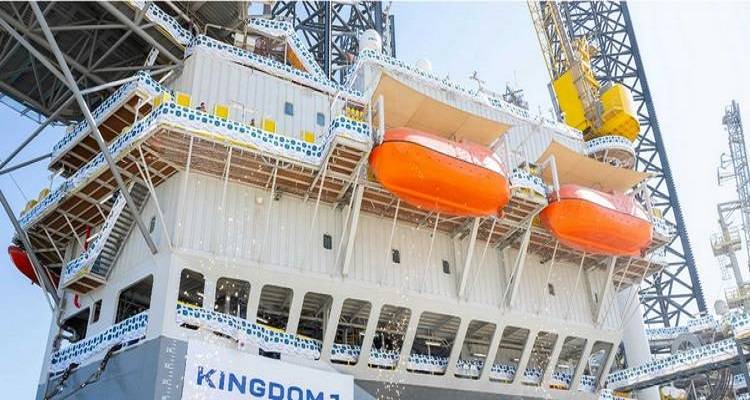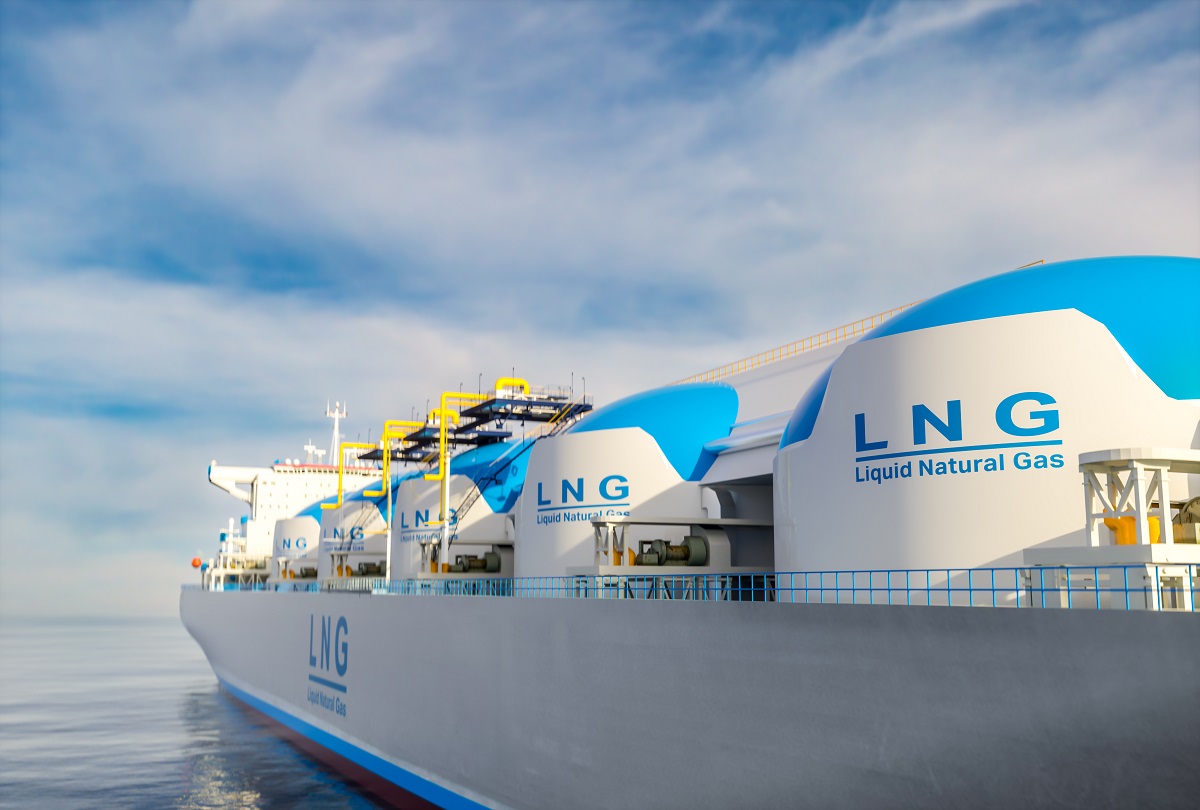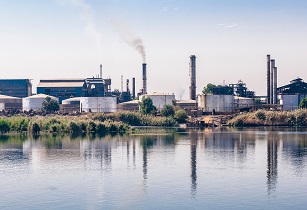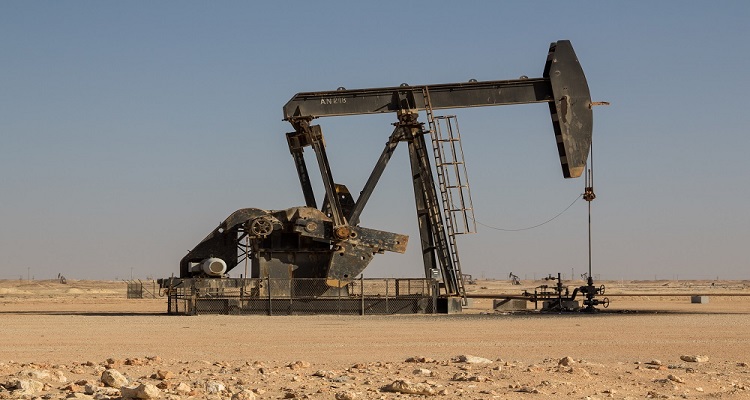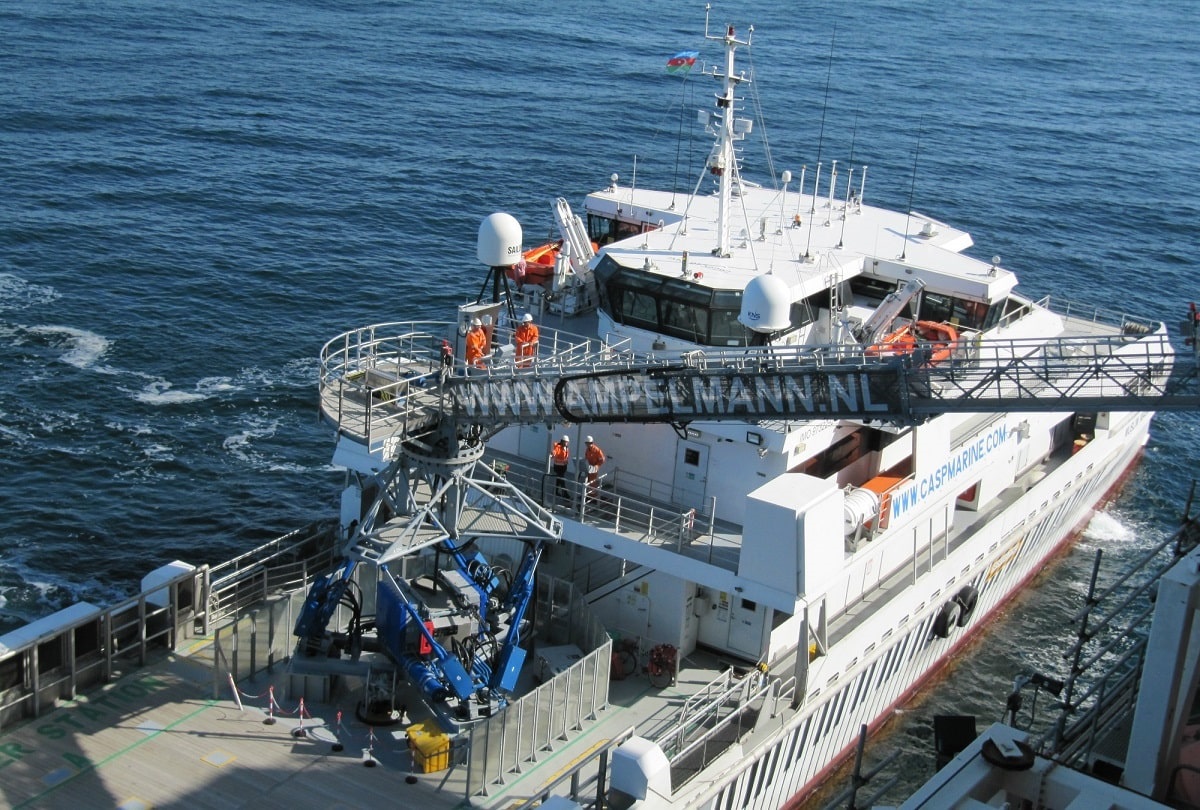Slava Kiryushin, Dubai-based global head of energy at DWF, has commented on the global oil trade in 2020, where he expects there to be an oversupply
He said, “Many oil traders have predicted a bullish 2020 for the global oil industry, recent market analysis demonstrates that this is unlikely to happen and the market will be in a position of oversupply.
“My view is that this will primarily be due to increased shale production and a slower than expected growth of the global economy. The International Energy Agency’s latest reports support the view that there will a global oversupply.
“Even the new shipping fuel regulations set to be implemented in January 2020, known as IMO 2020, are not expected to change this trend despite potentially leading to an increased demand for low-sulphur gasoil and diesel. No doubt that the growth of the oil supply is a sensitive topic for OPEC+ members as 500 kbbl/day were agreed to be cut from OPEC’s supply. Overall, the market is less optimistic over the “revival” of the oil price.”
The global power market will continue to witness a growing demand, according to Kiryushin.
He said, “Whether generated by gas, coal, oil or renewable sources, power will continue to witness growing demand. There is no doubt that demand in growing markets such as China, India and the Middle East will increase steadily. The ongoing urbanisation of Africa is also likely to have an impact on demand in 2020. The main question for most commentators is not ‘whether’ Africa demands more power but ‘how quickly and by how much’ this demand will rise.”
“The rise of EVs, living standards in China and India (dictating more demand for HVAC systems) and industrial consumption is expected to further increase the demand. 2020 is unlikely to be any different from the previous years as more power projects will be funded, constructed, commissioned and upgraded.”
Natural gas is likely to experience growing demand in 2020, according to Kiryushin.
He said, “Unlike its hydrocarbon counterpart, natural gas is likely to experience growing demand in 2020 and beyond. Whether this is due to IMO 2020, the demand for chemical products (which require gas) or the environmental push to cut greenhouse emissions, is arguable.
“The biggest influencer on gas demand is likely to be China. Its growing appetite for gas (which is higher than the next 10 countries combined) will remain constant in 2020.
“A change in climate also has a significant impact on the demand for natural gas. Whether used as fuel to keep the northern hemisphere warm during the colder winters or converted into electricity to power air conditioning during hotter summers, gas will remain at the forefront of the energy sector in 2020.
“The only real question is whether the oil-linked gas price is competitive enough against alternative fuels. If it is deemed not to be, this is likely to further increase the ongoing price review negotiations and disputes in the Asian market.”










